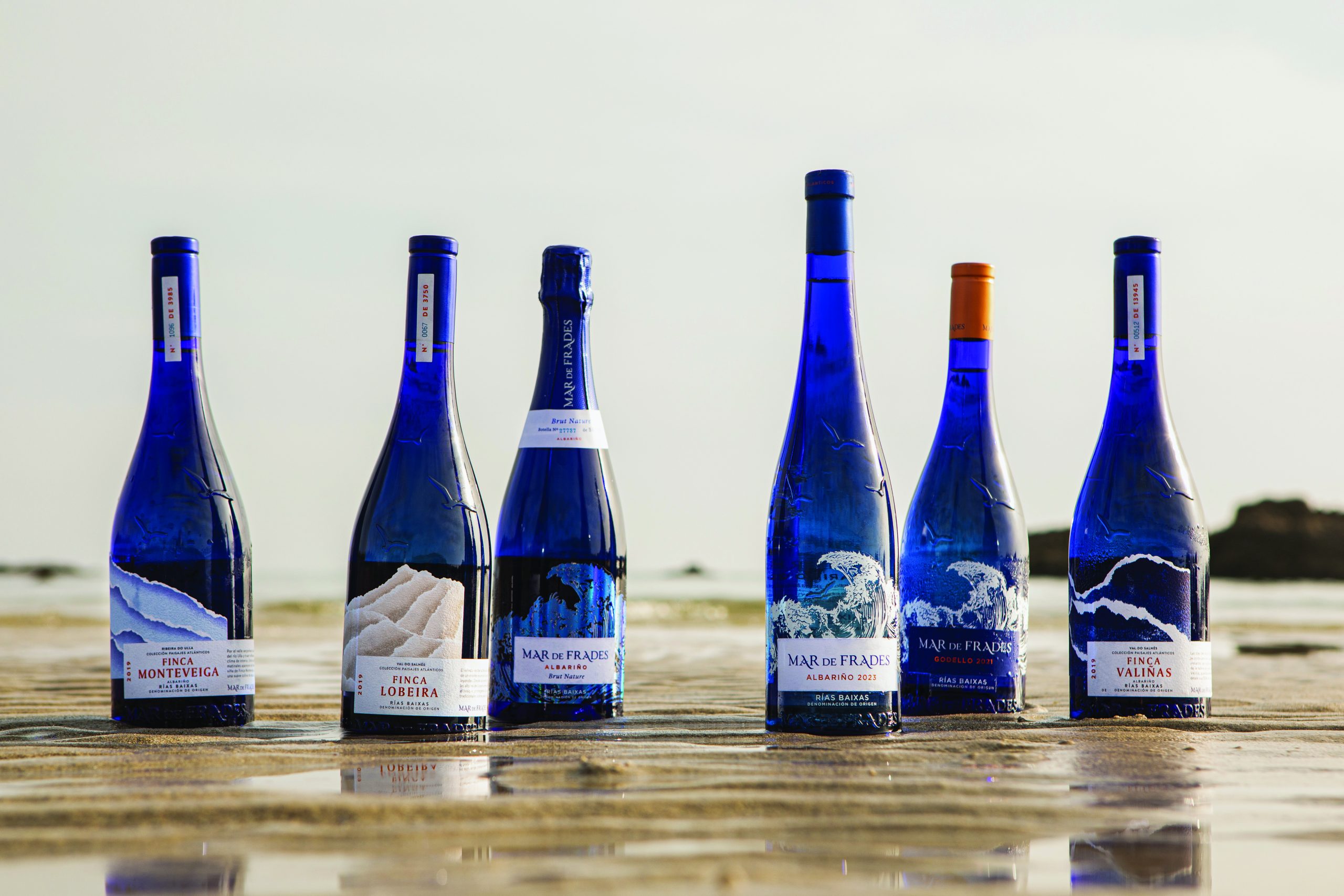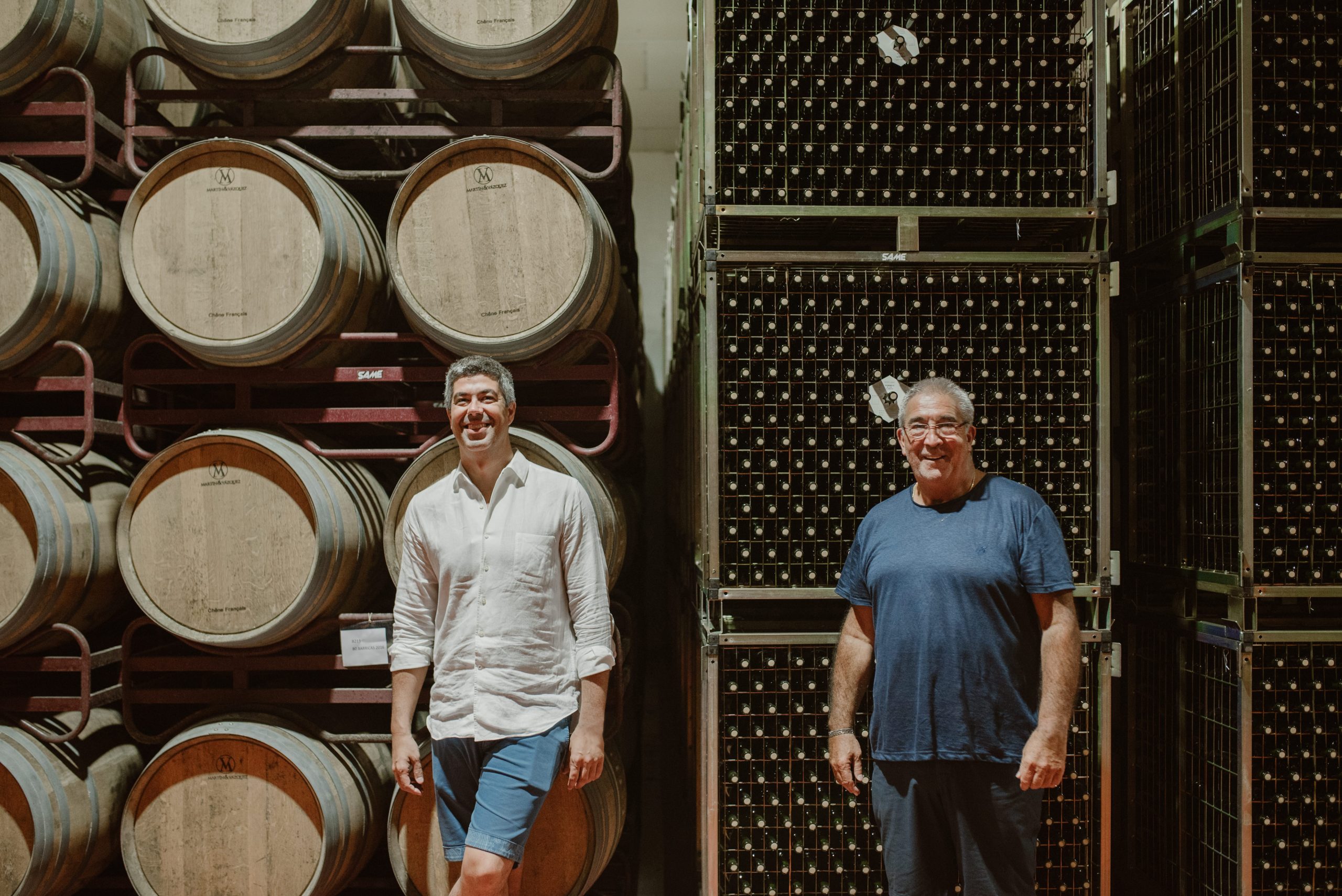Wine production could be down 80% in Jumilla
This year’s dire harvest in the Spanish region has been scarred by drought, with the situation proving “unsustainable for many”, db learns.

The 2024 harvest in Jumilla has left vineyards “on the brink of destruction”, revealed Paco Gil, co-owner of Gil Family Estates, which owns bodegas from eight different DOs, including Jumilla, across Spain.
The region’s main grape variety, Monastrell, is almost always dry-farmed in Jumilla, and in the absence of rain it has faced “a 60% reduction” in yields at the group’s Juan Gil vineyard in Jumilla compared to an average year.
Irrigation is permitted by the DO, but the problem is that there are not enough water resources for vineyards.
“This is the third consecutive year with similar conditions and the situation is unsustainable for many,” said Gil, who praised the “remarkable resilience” shown by growers.
A little rain in September “gave a glimmer of hope,” he said. “And we believe that some vineyards that were on the brink of destruction have been able to regain some reserves. If winter brings us more rain and some cool weather, they will recover.”
One great relief, according to Gil, is that “the small amount of fruit that we harvested is very high quality”.
Partner Content
Plants suffering
Speaking to the drinks business, Esther González de Paz, communications and marketing manager for Wines of Jumilla, confirmed: “In Jumilla, we are on the third year in a row with very bad drought, and the production this year is very low. The plants are suffering to death.”
She revealed that Wines of Jumilla is still in the midst of “gathering all the declarations from viticulturists and wineries” and that the region’s official data will come at the end of December, “but yes, the lack of rain, and the fact that most of our vineyards (70%) are Monastrell – a rain-fed only variety with no irrigation, means we are likely to see between 50% and 80% reduction of grapes, as opposed to other territories, where they had more rain and much better production.”
The CRDOP Jumilla, the agricultural syndicates and the wine cellar association are all asking local government for solutions, “but this land where Jumilla is located does not have access to river water, and relies only on subsoil waters which are near to extinction,” González de Paz explains.
Located inland in Murcia, around an hour ’s drive from Alicante, Jumilla’s vineyards are distinct for its arid climate, rocky soils and scant rainfall – only 300mm annually – and due to all the different altitudes found in the region it has one of the longest harvests in Spain, lasting for around three months in total.
“Monastrell is a tough variety, very sensitive,” Rosana Madrid Romero, owner of Madrid Romero winery, based in Jumilla’s Carche Valley, told db in 2022. “We have to work hard on it because if we don’t, we lose everything.”
Despite this, Jumilla wines have consistently picked up an impressive haul of medals in db‘s Global Masters competitions, which involve blind tasting with no prior knowledge of region, showing the high quality of its wines. Find out more about them here.
Related news
Jumilla confirms lowest harvest on record




